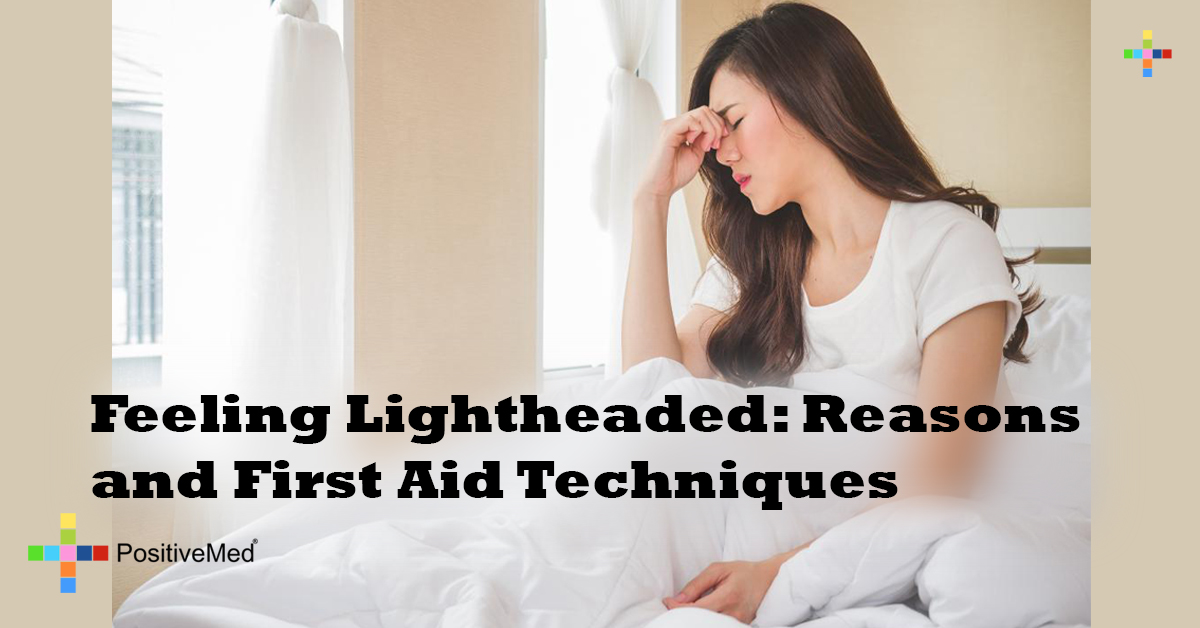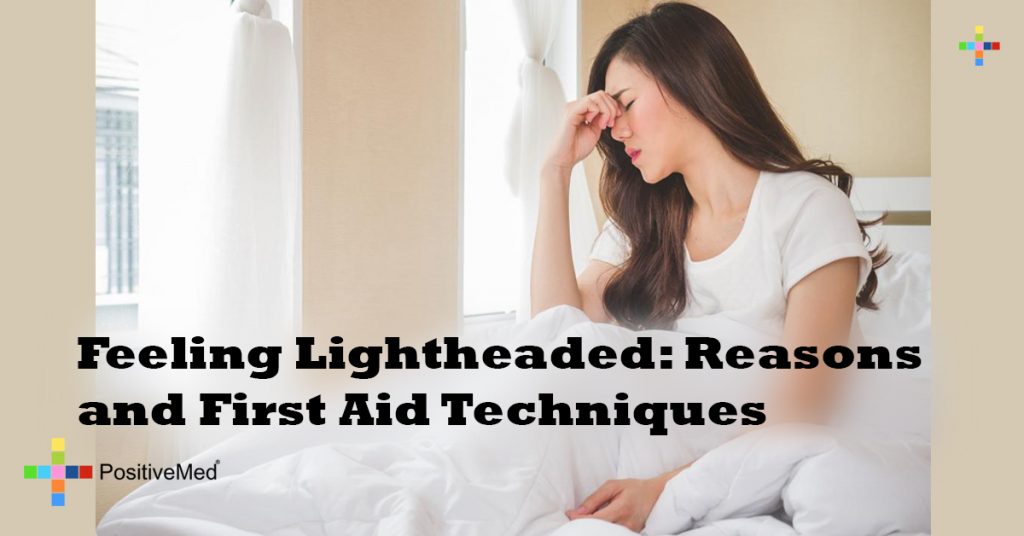
Almost everyone has experienced a feeling of being lightheaded or dizzy at some time in his or her lives. This feeling can occur suddenly and can create a hazard for walking, driving, climbing stairs or other activities. If you experience lightheadedness on a frequent basis, you should make an appointment with your physician to find the source of the problem. Feeling lightheaded can be due to a number of different conditions, some of which are minor, but others, which can be serious.
Inner Ear Problems
Both the eyes and ears are intimately connected to the sense of balance. When infections or other problems of the inner ear occur, it can cause disturbances in balance and feelings of lightheadedness. Even severe sinus infections can cause pressure in the sinuses and ears that can lead to feeling lightheaded or problems with balance. Even a buildup of earwax can lead to sudden feelings of dizziness or feeling lightheaded.
Dehydration
You may become dehydrated when outside in hot weather or when standing in place in a hot room. Proper fluid levels are important to maintaining normal blood pressure, and when these fluid levels get low, you may begin to feel lightheaded or dizzy from dehydration. Replenishing your fluid levels to avoid this unpleasant reaction.
Low Blood Sugar Levels
When blood sugar levels in the body get low, every single system responds goes on reserve to use as little energy as possible. This effect also happens in the brain and can cause feelings of lightheadedness or dizziness. Drinking a glass of juice or eating a bit of fruit can help to bring blood glucose levels back to normal.
Blood Pressure Changes
According to the Mayo Clinic site, lightheadedness can also occur from dramatic changes in blood pressure. This effect is called orthostatic hypotension, and it can occur when you change positions quickly, from a sitting to a standing position. If you find this happens to you frequently, make an effort to change position more gradually, so that your blood pressure has the opportunity to adjust to the difference.
RELATED ARTICLE: Woman Shares Her Tragic Story About Long-Term Drug Side Effects
Side Effects from Medications
Some painkillers and anti-anxiety drugs can have the effect of causing dizziness or lightheadedness, according to Prevention.com. These medications may lower heart rate or blood pressure, which can produce this type of physical effect. If you are on a new medication, lightheadedness can signal an allergy to the medication, and you should probably give your doctor a call to ensure that the medication is safe for you.
Heart Attack or Stroke
Arrhythmias of the heart or blocked blood vessels can cause dizziness and other circulatory effects. If you experience dizziness on a regular basis, see your doctor for testing of your cardiovascular system.
Neurological Conditions
Conditions such as Parkinson’s disease or multiple sclerosis can cause progressive loss of balance that can exhibit as sudden episodes of lightheadedness or dizziness. These diseases affect the brainstem and cerebellum, parts of the brain that are also responsible for posture and movement. Your doctor can perform certain diagnostic tests that can help determine if these conditions are causing your dizziness.
Anxiety Disorders
Certain types of anxiety disorders can also cause periods of feeling lightheaded or dizzy. This effect may be because of an increased state of tension that restricts the blood flow to the head and brain.
Anemia
If your diet is low in iron, you may become anemic, which can cause episodes of dizziness or lightheadedness. Your doctor can diagnose anemia with a simple blood test. Treatment includes changes in diet and the use of iron supplements. Foods that are high in iron include spinach, red meat, poultry, beans, green, leafy vegetables, and iron-fortified cereals will help to prevent this problem.
If you have bouts of dizziness that concern you, talk to your doctor about tests that can determine if a specific physical condition is causing the problem. If necessary, your physician will be able to provide treatments to help to minimize the discomfort of these chronic spells of lightheadedness.






